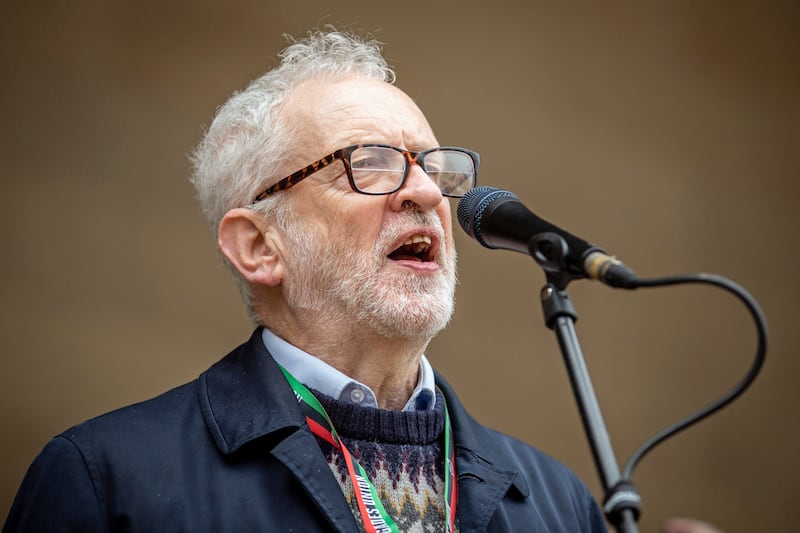ONLY the most myopic observer could conclude that the British government has thus far made anything other than an unadulterated mess of Brexit negotiations.
The prospect of a workable deal being reached between the UK and the European Union before the end of the year - October is the next deadline for a withdrawal agreement - seems remote.
On top of the basic lack of competence, civility and insight which have been hallmarks of the government's approach, further difficulties are being heaped.
These are many and varied. They include deepening divisions within the Conservative party over whether it should pursue a so-called 'soft' or 'hard' Brexit, with some voices even suggesting that a 'no deal' Brexit is an outcome worth considering despite being a self-evident calamity.
Prime minister Theresa May's own position is increasingly vulnerable; the fact that someone as plainly unsuitable for high office as Boris Johnson is considered a genuine contender for her role merely underlines the scale of the shambles.
Northern Ireland is particularly exposed to the ill winds of Brexit, as reflected in the fact that most people voted to remain in the EU.
As the economic, social and political consequences of next March's withdrawal from the EU come into sharper focus, the DUP's unyielding support for the Conservatives at Westminster, where its 10 MPs sustain the government's razor-thin majority, looks increasingly contrary and dogmatic.
Against this already unpromising background is the reality that a Westminster opposition more competent and dynamic than Jeremy Corbyn's Labour party should have been able to tilt the Brexit debate in a more favourable direction.
Even at this late stage, there is perhaps still time for Mr Corbyn to show some decisive leadership.
This is after opinion polls in recent days have increased pressure on the Labour leader to reconsider his party's refusal to back a so-called 'people's vote' on the government's final Brexit deal with Europe, which would essentially be a second referendum on EU membership.
Surveys of more than 15,000 people in England, Scotland and Wales found that 112 Westminster constituencies which voted to leave the EU had now changed their mind, an outcome which means that 341 of the 632 seats would have a remain majority.
Polling of 10,000 Labour voters has found that 63 per cent support a second referendum, with 8 per cent opposed.
There is a danger in relying too heavily on such data; the 2016 referendum result itself confounded pollsters.
But, as Liberal Democrat leader Vince Cable said at the weekend, the "centre of gravity" on Brexit was shifting in favour of a referendum on the final deal.
As leader of the largest opposition party Mr Corbyn is in a unique position to put a 'people's vote' firmly on the agenda.
At this decisive point in the Brexit process, many beyond traditional Labour supporters will hope he has the political courage to do so.







